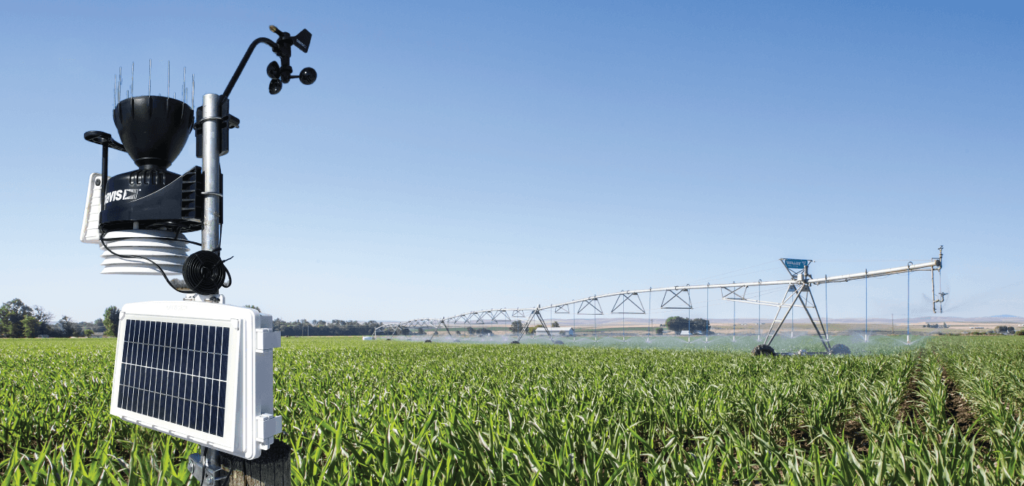
Remote irrigation systems have revolutionized the way farmers manage their crops, combining efficiency and innovation to maximize the benefits of modern technology in agriculture. These systems use advanced sensors, drones, and automated machinery to monitor and manage irrigation processes from a remote location, allowing farmers to optimize water usage, reduce labor costs, and increase crop yields.
One of the key benefits of remote irrigation device systems is their ability to precisely monitor soil moisture levels and crop water requirements in real-time. By using sensors placed strategically throughout the fields, farmers can easily access data on soil moisture, temperature, and humidity, allowing them to make informed decisions about when and how much to irrigate. This level of precision helps to avoid over-irrigation, which can lead to water wastage and nutrient leaching, as well as under-irrigation, which can result in stunted growth and reduced yields.
Furthermore, remote irrigation systems enable farmers to automate the irrigation process, saving valuable time and labor costs. With the ability to schedule watering times and durations remotely, farmers can focus on other important tasks on the farm, knowing that their crops are being watered efficiently and effectively. This automation also helps to reduce the risk of human error, ensuring that crops receive the right amount of water at the right time, leading to healthier plants and higher yields.
In addition to improving efficiency and reducing labor costs, remote irrigation systems also have a positive impact on the environment. By optimizing water usage and minimizing wastage, these systems help to conserve water resources and reduce the environmental impact of agriculture. This is especially important in regions where water scarcity is a pressing issue, as remote irrigation systems can help farmers to make the most of limited water supplies while still achieving optimal crop yields.
Another benefit of remote irrigation systems is their ability to monitor and manage irrigation equipment remotely, helping to prevent breakdowns and reduce maintenance costs. By using drones and other advanced technologies to inspect and troubleshoot irrigation systems, farmers can identify and address potential issues before they escalate, minimizing downtime and ensuring uninterrupted water supply to the crops. This proactive approach to maintenance not only saves money in the long run but also improves the overall reliability and performance of the irrigation system.
Furthermore, remote irrigation systems provide farmers with valuable insights and data that can help them make better decisions about their crops and farming practices. By analyzing the data collected by sensors and drones, farmers can gain a deeper understanding of their fields, identify trends and patterns, and make adjustments to optimize crop production. This data-driven approach to farming can lead to more sustainable practices, increased profitability, and a better quality of produce.
Overall, the benefits of remote irrigation systems are clear, offering farmers a cost-effective, efficient, and sustainable solution for managing their crops and water resources. By combining innovation with technology, these systems empower farmers to make smarter decisions, increase productivity, and minimize environmental impact. As agriculture continues to evolve and face new challenges, remote irrigation systems will play a vital role in ensuring the future sustainability and success of the industry.